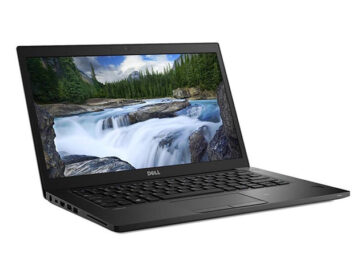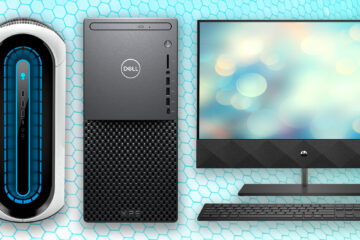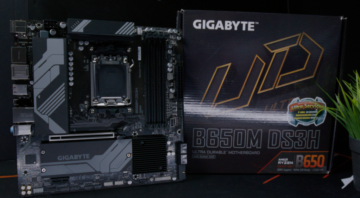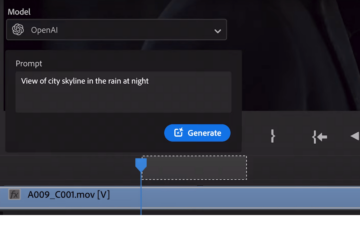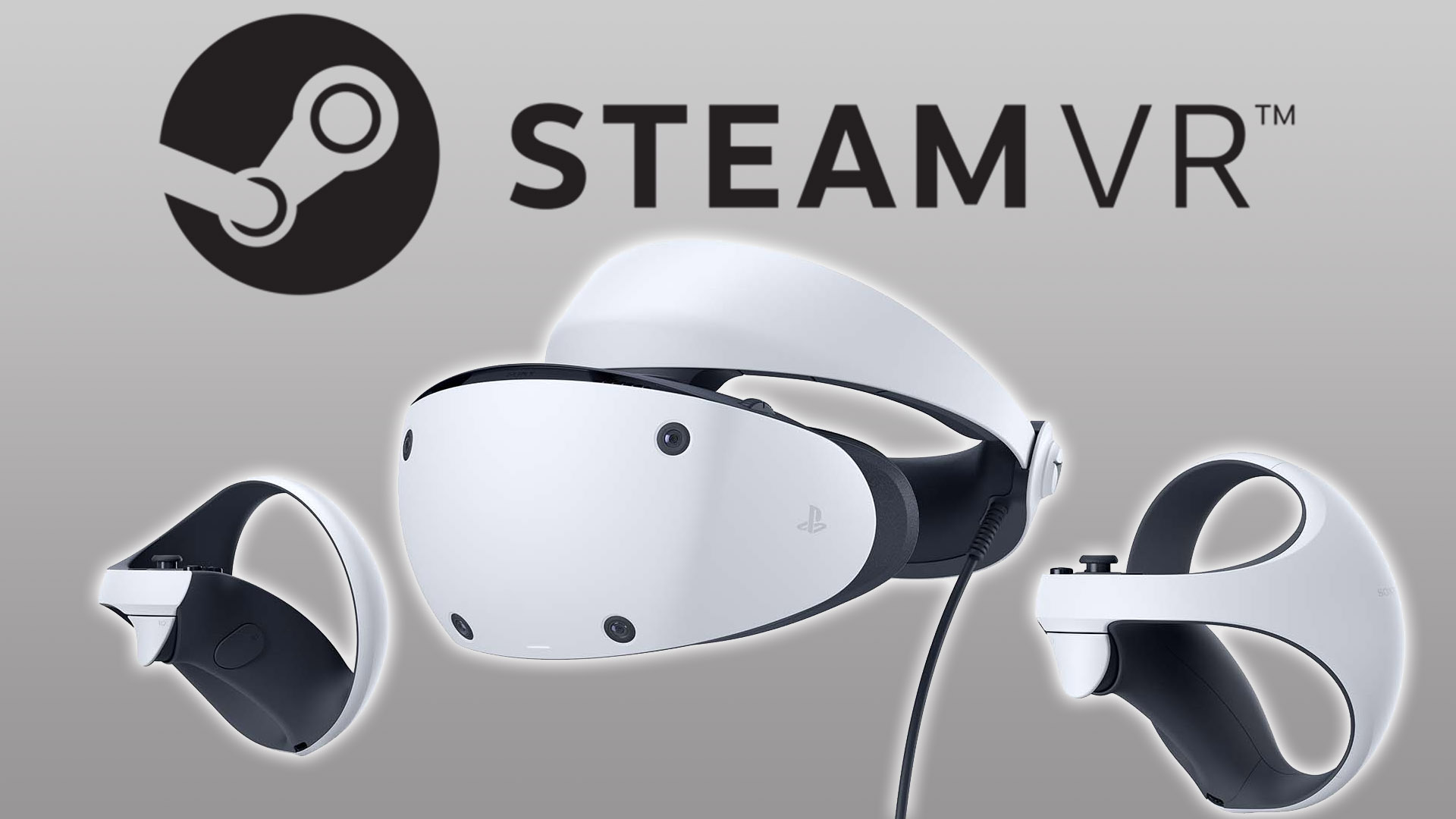
Virtual reality is pretty dang cool, whatever Gordon says, but it can be really expensive to get into. Take the PS5’s VR add-on, the PlayStation VR2. At $550, it’s more expensive than the console itself…and yeah, it only works with the PS5. So, it’s no surprise that tinkerers have been trying to see if it can double as a PC gaming headset just like the Meta Quest 2. Good news: Yes, it can! Bad news: It needs some extra hardware to make the connection. Worse news: That hardware doesn’t actually exist yet.
iVRy, the developer who created the tool that allows the original PSVR headset to work with SteamVR on a Windows PC, has been working on this problem for months (as documented by WCCFTech). Sony hasn’t put in any major software blocks, so it should be possible, but the system relies on very specific hardware in order to work, including DisplayPort 1.4 and Display Stream Compression 1.1. That means it’ll only work with graphics cards from the last few years, an Nvidia RTX 20 series or AMD 5000 series, or newer.
The system also requires a small bit of extra hardware that iVRy calls a “man in the middle” because the DisplayPort AUX channel is used on the PS5 for lots of display information. A PC needs that info from a different source, best achieved by a custom driver. To get the proof of concept up and running, iVRy used a Linux PC in between with tracking hardware from the original PSVR. It’s possible that this could be done without additional hardware on a Linux machine with an AMD GPU, but even that seems like a long shot at the moment.
For a more general solution, they’ll need to design and build a custom adapter. And then find a manufacturer that wants to mass-produce it. Given the very small niche of users who want to use a PSVR2 on a PC, and the fact that Sony could essentially brick it at any time (even accidentally) with a software update, it could be a tricky pitch to make.
- SEO Powered Content & PR Distribution. Get Amplified Today.
- PlatoData.Network Vertical Generative Ai. Empower Yourself. Access Here.
- PlatoAiStream. Web3 Intelligence. Knowledge Amplified. Access Here.
- PlatoESG. Automotive / EVs, Carbon, CleanTech, Energy, Environment, Solar, Waste Management. Access Here.
- BlockOffsets. Modernizing Environmental Offset Ownership. Access Here.
- Source: https://www.pcworld.com/article/1976618/playstation-vr2-can-work-on-pc-with-a-big-catch.html
- :has
- :is
- $UP
- 1
- 20
- 500
- 5000
- a
- achieved
- actually
- Add-on
- Additional
- allows
- Alpha
- also
- alyx
- AMD
- an
- and
- any
- AS
- At
- Bad
- BE
- because
- been
- BEST
- between
- Big
- Bit
- Blocks
- build
- but
- by
- Calls
- CAN
- Cards
- Catch
- Channel
- concept
- connection
- Console
- Cool
- could
- created
- custom
- Design
- Developer
- different
- Display
- documented
- Doesn’t
- done
- double
- driver
- essentially
- Even
- exist
- expensive
- extra
- fact
- few
- Find
- For
- from
- gaming
- gaming headset
- General
- get
- given
- good
- GPU
- graphics
- Hardware
- Have
- Headset
- HTML
- HTTPS
- if
- in
- Including
- info
- information
- into
- IT
- jpg
- just
- Last
- like
- linux
- Long
- machine
- major
- make
- Manufacturer
- means
- Meta
- Meta Quest
- meta quest 2
- moment
- months
- more
- Need
- needs
- newer
- news
- no
- Nvidia
- of
- on
- only
- or
- order
- original
- PC
- PC Gaming
- Pitch
- plato
- Plato Data Intelligence
- PlatoData
- playstation
- PlayStation VR2
- possible
- pretty
- Problem
- proof
- proof of concept
- PS5
- PSVR
- psvr headset
- PSVR2
- put
- quest
- quest 2
- Reality
- really
- requires
- rtx
- running
- see
- seems
- Series
- shot
- should
- small
- So
- Software
- software update
- solution
- some
- Sony
- sony Psvr2
- Source
- specific
- SteamVR
- stream
- surprise
- system
- Take
- than
- that
- The
- then
- this
- time
- to
- tool
- Tracking
- true
- Update
- use
- used
- users
- using
- version
- very
- vr
- vr2
- want
- wants
- WHO
- windows
- with
- without
- Work
- working
- works
- worse
- years
- yes
- yet
- youtube
- zephyrnet




